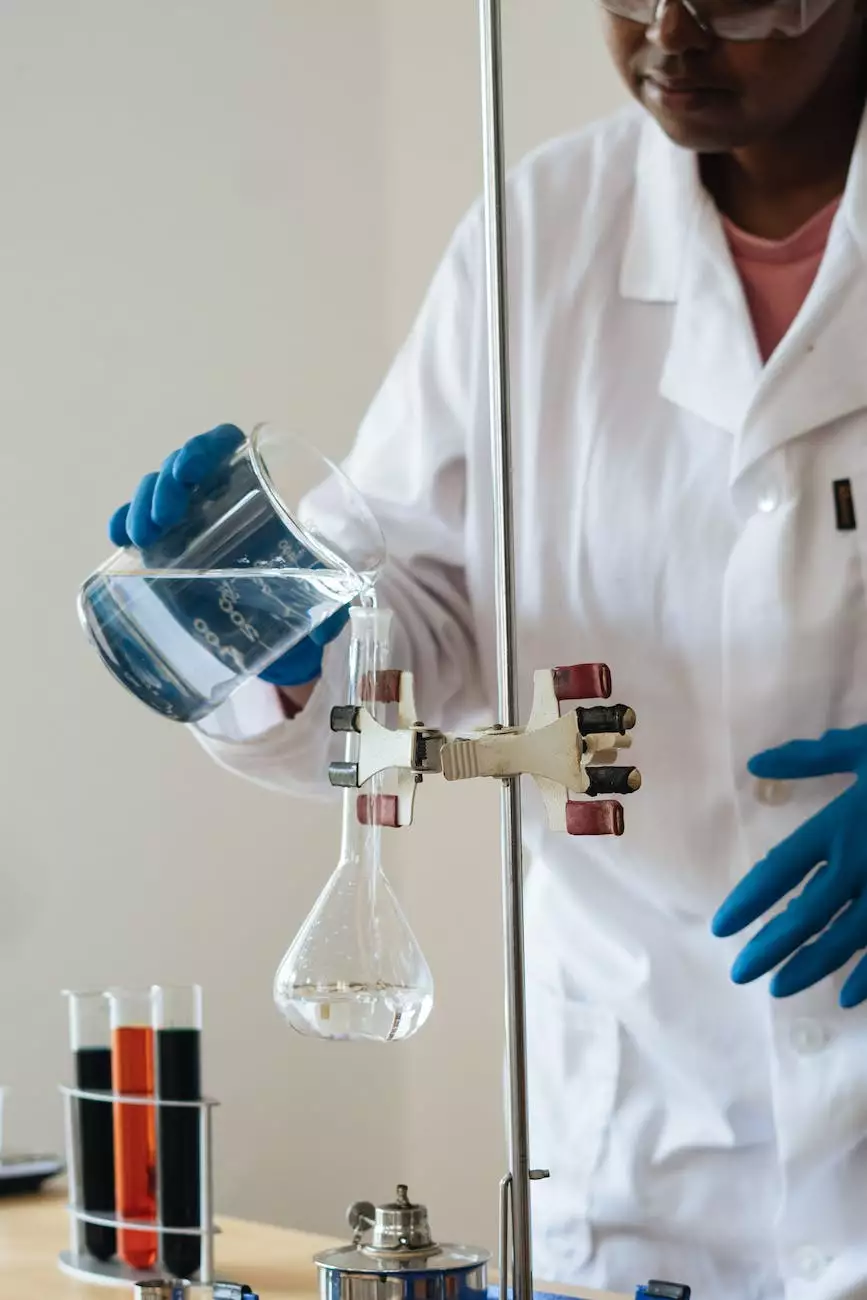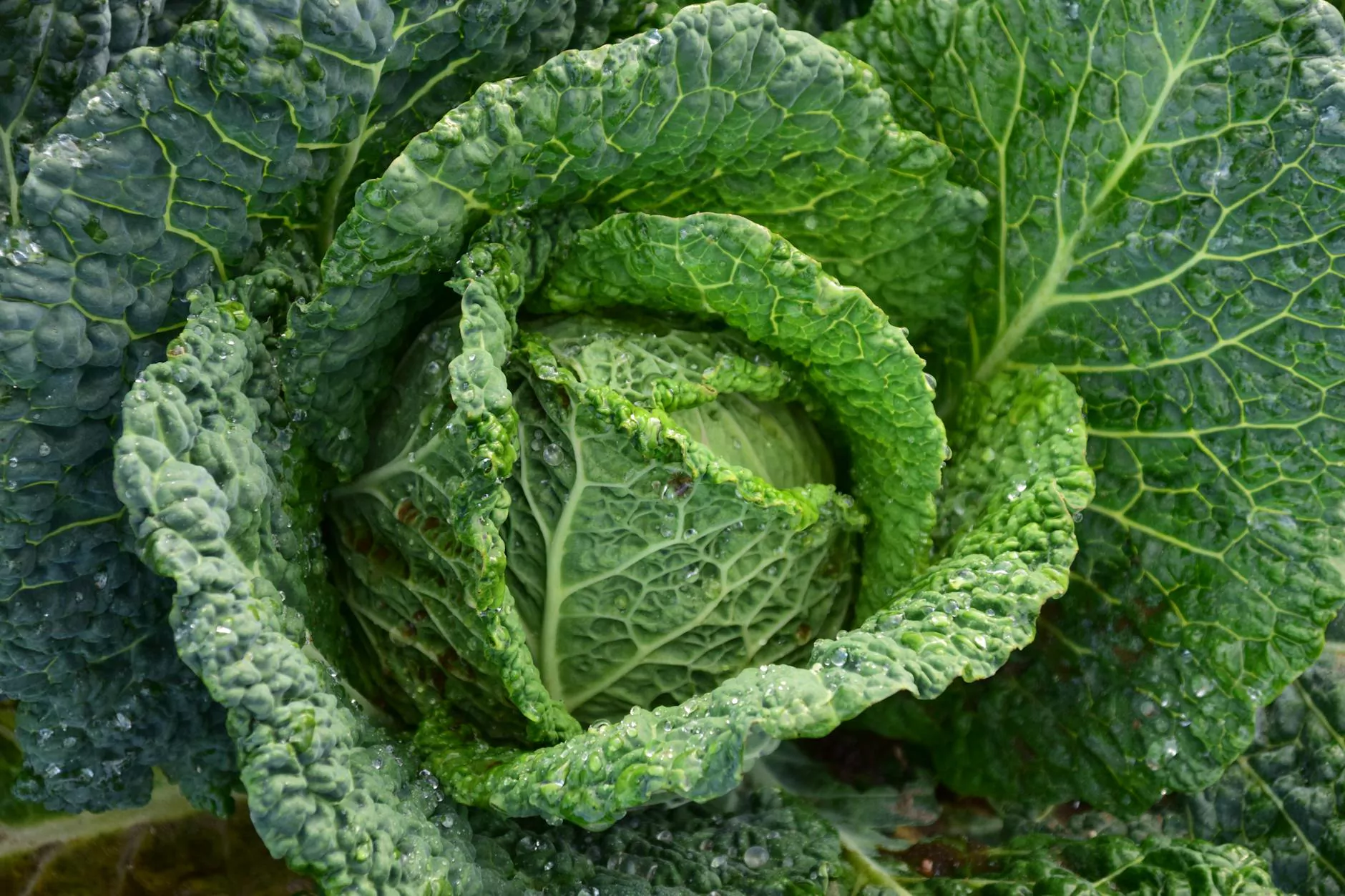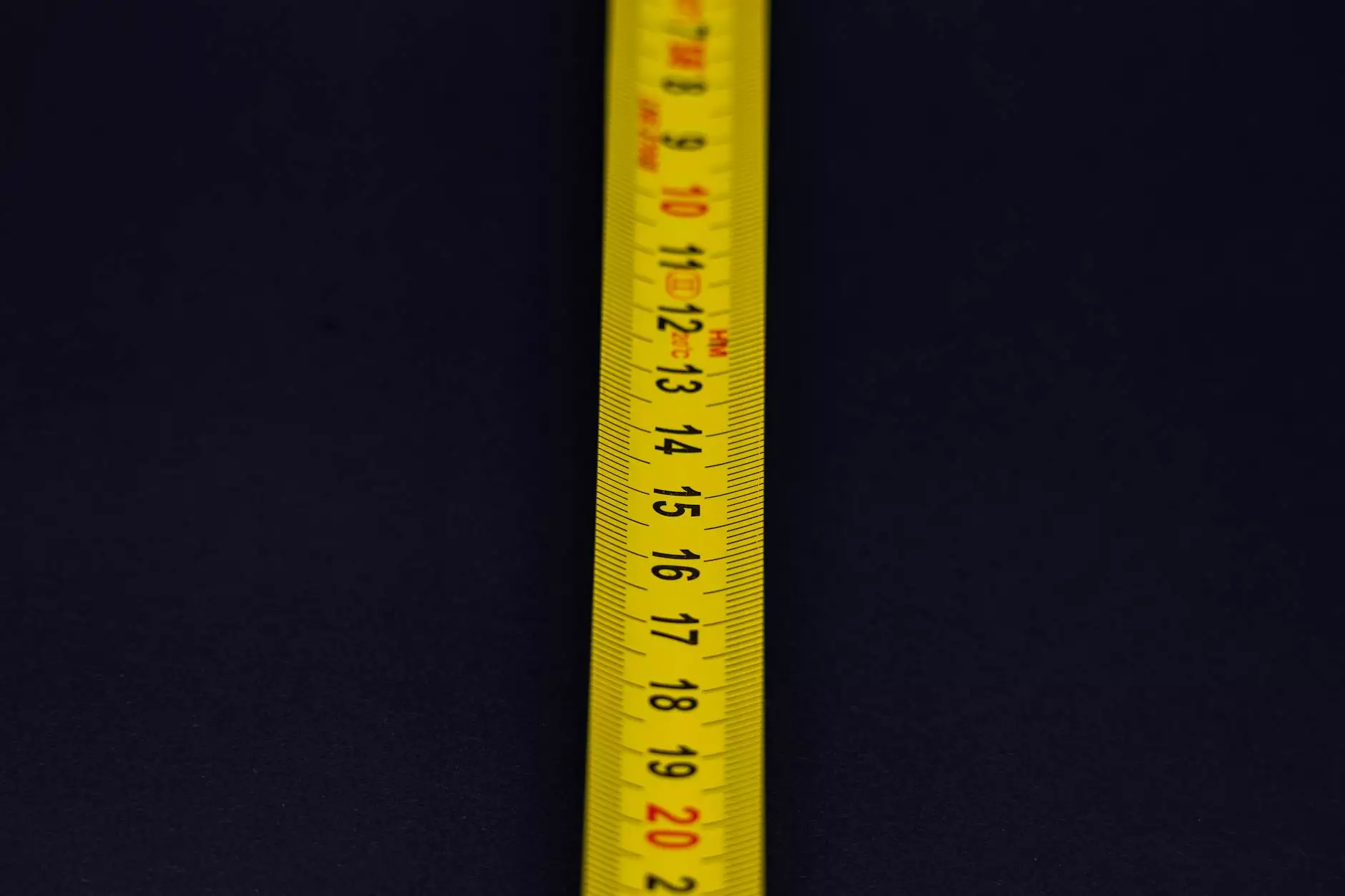Liquid Measures

Welcome to The Knowledge Nest's comprehensive guide on liquid measures! In this article, we will delve into various units of measurement, conversions, and practical applications in everyday life. Whether you're a professional in the culinary industry or simply curious about fluid volumes, this is the ultimate resource to satisfy your knowledge cravings.
Understanding Liquid Measures
Before we dive into the specifics, let's establish a solid foundation of understanding when it comes to liquid measures. The world of measurements can seem complex and overwhelming, but fear not! By the end of this guide, you'll be well-versed in the art of quantifying liquids.
Common Liquid Measurement Units
When it comes to measuring liquids, several units are commonly used. These include:
- Gallons (gal)
- Quarts (qt)
- Pints (pt)
- Cups (c)
- Fluid Ounces (fl oz)
- Tablespoons (tbsp)
- Teaspoons (tsp)
Each unit has its own unique conversion factors and practical applications, which we will explore in further detail below.
Conversion Between Liquid Measurement Units
Converting between different liquid measurement units is an essential skill for anyone working with fluids. Understanding these conversions allows for precise measurements and accurate recipes. Let's take a look at some conversions:
Gallons to Quarts to Pints to Cups
Starting with the largest unit, a gallon is equivalent to four quarts. Each quart contains two pints, and each pint contains two cups. Thus, the conversion factors are as follows:
- 1 gallon (gal) = 4 quarts (qt)
- 1 quart (qt) = 2 pints (pt)
- 1 pint (pt) = 2 cups (c)
Fluid Ounces to Tablespoons to Teaspoons
When dealing with smaller quantities, it's useful to understand the relationship between fluid ounces, tablespoons, and teaspoons. Here are the conversion ratios:
- 1 fluid ounce (fl oz) = 2 tablespoons (tbsp)
- 1 tablespoon (tbsp) = 3 teaspoons (tsp)
These conversion factors will be your trusty companions when following recipes or scaling up/down your favorite beverages.
Practical Applications
Now that we have a solid foundation in liquid measures, let's explore their practical applications in various fields:
Cooking and Baking
For culinary enthusiasts, precise liquid measurements are crucial for creating delicious dishes and mouthwatering desserts. Whether you're following a recipe or experimenting with your own creations, understanding liquid measures ensures consistent results. Don't let inaccurate measurements ruin your culinary masterpiece!
Chemistry and Science
Liquid measures play a pivotal role in the world of chemistry and scientific research. From conducting experiments and analyzing solutions to measuring reagent volumes, scientists rely on accurate liquid measurements to achieve reproducible results. A single error in liquid measures could alter a scientific outcome, underscoring the importance of mastery in this field.
Healthcare and Pharmacy
In the healthcare industry, precision is key. Healthcare professionals, pharmacists, and nurses often work with liquid medications, needing to administer the correct dosage to patients. Understanding liquid measures ensures accurate dosage calculations and patient care.
Engineering and Manufacturing
Engineers and manufacturers frequently deal with fluids in their various processes. Whether it's designing pipelines, developing new products, or optimizing production lines, precise liquid measures are integral to success. Mastery of liquid measures leads to improved efficiency, reduced waste, and enhanced quality control.
Conclusion
Congratulations! You've reached the end of our comprehensive guide on liquid measures. By now, you have a deep understanding of various liquid measurement units, conversion factors, and practical applications in different fields. Whether you're a culinary enthusiast, scientist, healthcare professional, engineer, or simply curious about the fascinating world of liquid measures, The Knowledge Nest is your go-to resource for all things liquid. Start applying your newfound knowledge and unlock endless possibilities!










